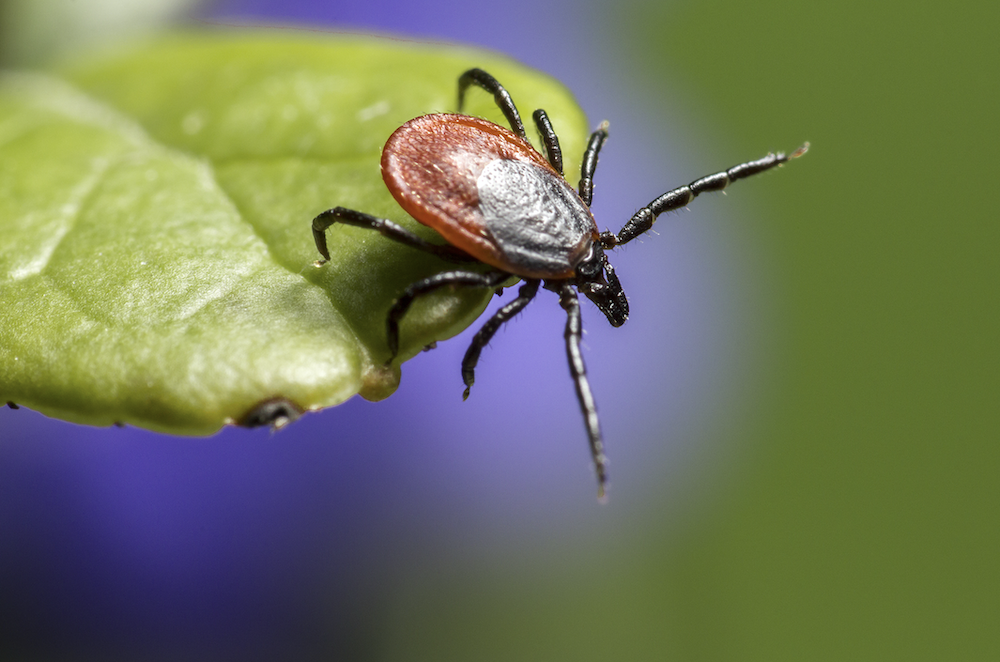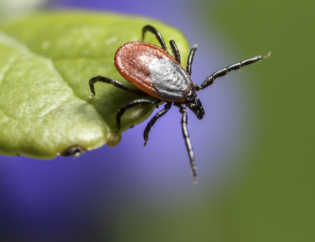
Tick bites can lead to many symptoms, but understanding how your body reacts because of it is vital. Learn the different tick bite symptoms or effects.
Fatigue
Many factors can cause fatigue, including tick-borne disease (such as babesiosis), other diseases, and lifestyle-related issues like poor diet and lack of sleep. Fatigue is the most common symptom associated with tick bites.
Joint Pain and Swelling
One of the most common tick-borne diseases is Lyme disease. Symptoms include joint pain and swelling, which can appear weeks after a tick bite.
Heart Palpitations
The body’s immune system reacts to the tick saliva. The saliva produces histamines, which can cause your heart rate to speed up or slow down. Heart palpitations are a common side effect of tick bites.
Anxiety and Depression
The anxiety and depression you experience after a tick bite can be hard to cope with. Anxiety and depression are common symptoms of Lyme disease. They typically occur during the acute phase (the first 30 days). If you’re experiencing these symptoms, it may help to know that treatments are available.
Confusion and Disorientation
A tick bite can cause confusion, disorientation, and memory loss. It is often because the tick may have transmitted Lyme disease (a bacterial illness) or another tick-borne disease to you.
If this is not the case, it could be due to other factors, such as head injuries, strokes, epilepsy, or sleep deprivation.
Loss of Balance and movement
One of the symptoms of Lyme disease is numbness, tingling, burning, or shooting pains. It can develop into a disabling condition that affects movement and causes a loss of balance.
Other symptoms often associated with tick bites include:
- Fever.
- Chills.
- Headache.
Conclusion
It is crucial to be aware of what is going on with your body after a tick bite so that you can seek medical attention if necessary.





You must be logged in to post a comment.